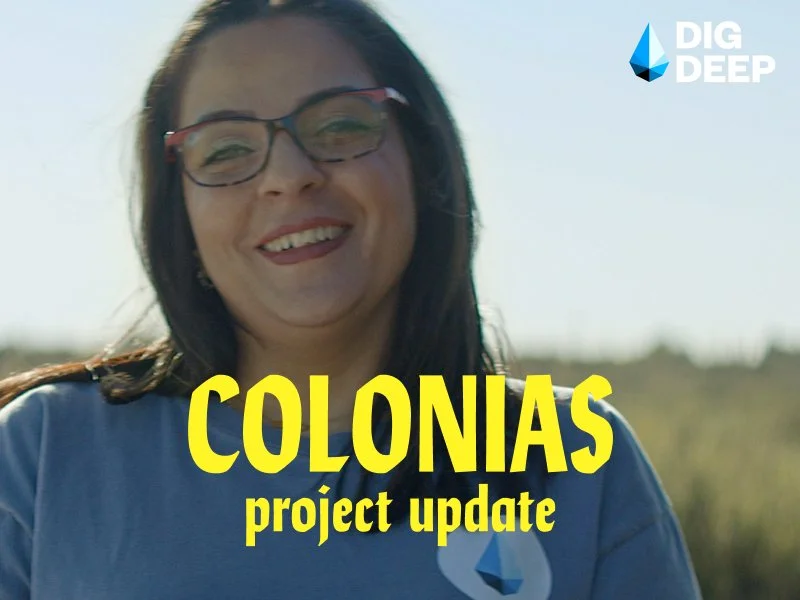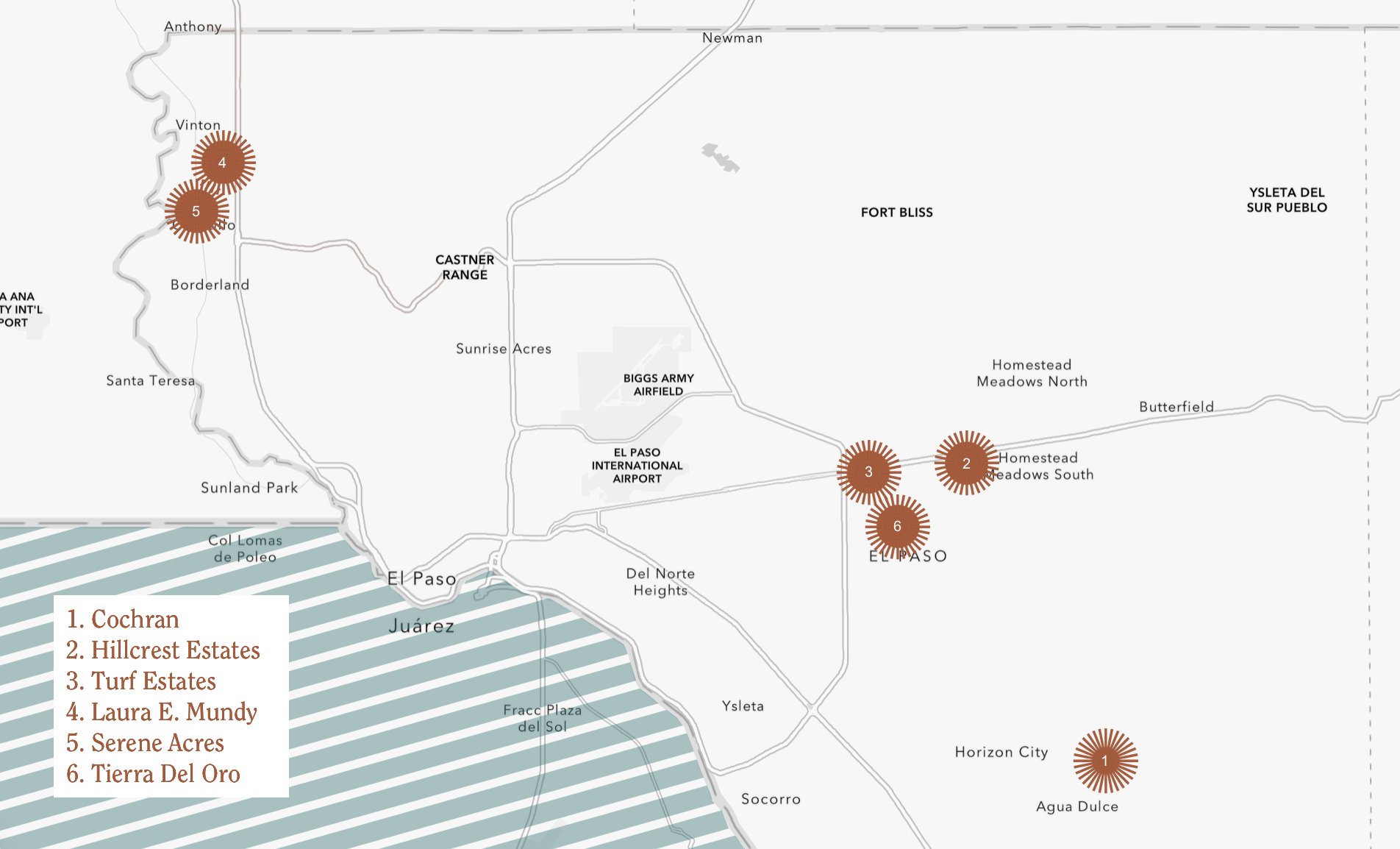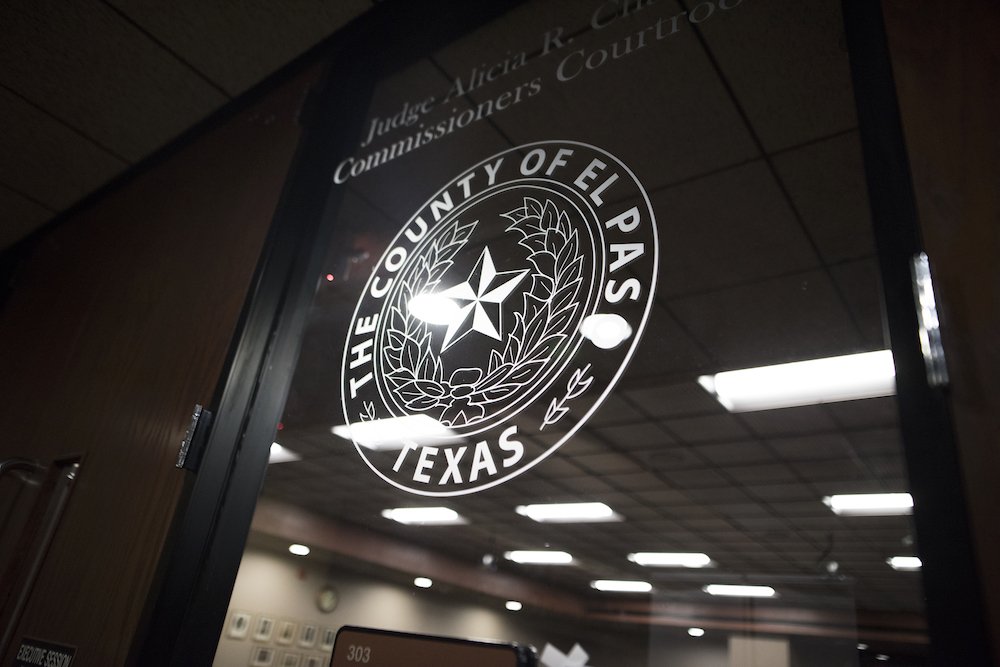Since our founding in 2012, DigDeep has brought clean, running water and working toilets to thousands of people on the Navajo Nation and in Appalachia. But as we've grown, we continue to hear from countless other families across the country facing the same daily struggle: simply trying to find enough clean water to survive.
Those calls, letters and emails inspired us to publish the first national report on the domestic water crisis. We found that more than 2.2 million Americans still don’t have running water or a toilet at home, and that certain regions, including the Texas border colonias, are the hardest hit. Our research calculates that this hidden water crisis is costing the US economy over $8.5 billion each year it remains unsolved.
The Problem
What are colonias?
In Spanish, colonia means neighborhood. Along the US-Mexico border, colonias are informal residential areas that started decades ago as rural subdivisions. They grew quickly, because they gave families an affordable way to own land––a place to build a home and pursue the American Dream.
Today, there are 2,300 colonias in Texas, home to about half a million people. The vast majority of them are US citizens.
Developers promised to install roads, electricity, water... but after the lots were sold, they disappeared. Residents were left with low-value land, no services, and unsafe housing, making it impossible to sell their property and move.
While things have improved in some larger colonias with thousands of residents, most colonias have fewer than 40 households. The high cost-per-connection for services means that limited state and county funds are often spent elsewhere.
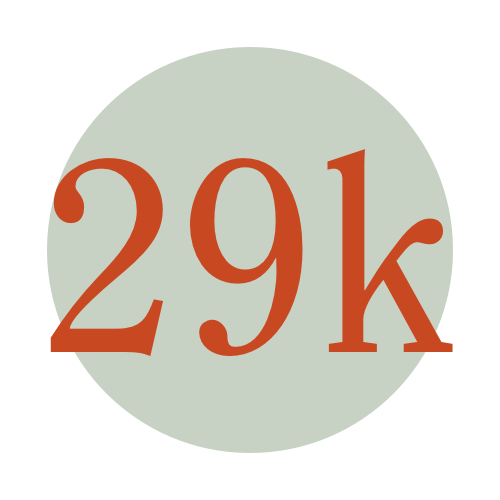
median household income in Texas colonias
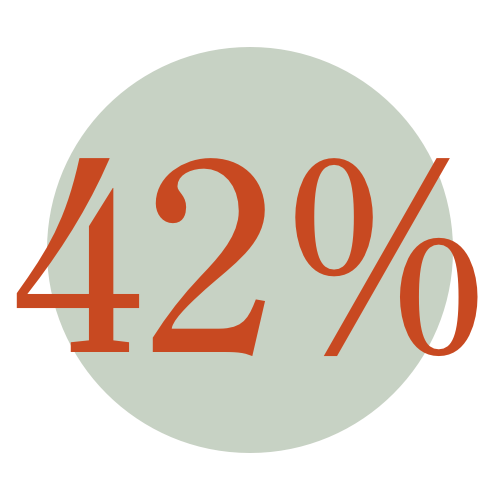
of colonia residents live below the poverty line
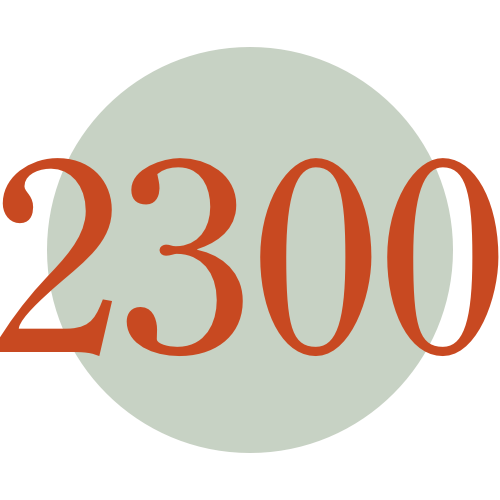
total colonias across Texas
Daily Life
For colonia residents, access to water is a daily struggle. Most families haul drinking water by car or on foot. They also purchase trucked water for up to $250 a month, more than 30% of their income. Residents only use that water for washing-up; they don't trust it for drinking or bathing.
Families in Cochran colonia, our first project site, use 50-100 gallons of drinking water each month for households of up to 8 people. By comparison, the average American uses more than 88 gallons of water alone every day.
Cochran, like many colonias, is just a 10 minute walk from existing water lines. Without outside help, it was unlikely Cochran would ever be connected to a water system. That’s where DigDeep came in.
“When we bought our land, they promised us that in two years, they would install drinking water... it has been twenty.”

A New Model
Meet Cochran
DigDeep's work began in Cochran colonia, a cluster of small homes Southeast of El Paso, founded in the early 1980s. Cochran exists in a ‘donut hole’ surrounded by retail complexes and gated communities with water towers—a reminder that Americans without water are often hidden in plain sight.
Twenty-two families live there, surrounded by an additional 50 unoccupied lots. Many worked for years to build their homes by hand. It's a tight-knit community of resilient people who care for one another deeply.
Finally, after thirty years of fighting for access to running water, the taps have been turned for Cochran families.
The Golden Triangle
DigDeep's work started in Cochran colonia where we built a new model for Public-Private Partnerships (PPP) called the Golden Triangle.
Guided by residents, DigDeep brought running water to all 72 lots in Cochran–the first side of the triangle. With water in place, we could finally help families access electricity, trash, and gas services, too. El Paso County assisted with engineering and other costs like road paving–the second side of the triangle. With these services in place, every lot in Cochran now qualifies for up to $90,000 in federal housing grants–the third side of the triangle. DigDeep’s local nonprofit partner, AYUDA, is helping residents access housing grants to upgrade their homes. At the heart of the project is a community garden and playground designed by residents themselves.
This new model is transforming a once struggling neighborhood into a thriving community. So DigDeep is expanding our partnership with El Paso County to help 5 other colonias get clean, running water.
Our Partners
County of El Paso
DigDeep partners closely with the County of El Paso to identify colonias without running water, such as Cochran. El Paso County also provides engineering support for project design and construction.
AYUDA
Adult and Youth United Development Association (A.Y.U.D.A.) is a nonprofit community development organization that connects colonias to funding opportunities, housing and infrastructure construction, and water delivery.
Horizon Regional Municipal Utility District (HMUD)
HMUD is a local water and wastewater utility serving parts of El Paso County. We partnered with Horizon on our first project in Cochran, to extend water service to each lot in the colonia.
This work is made possible by foundations, corporations and thousands of individual Americans like you.
Give clean, running water.
Sign the Pledge

